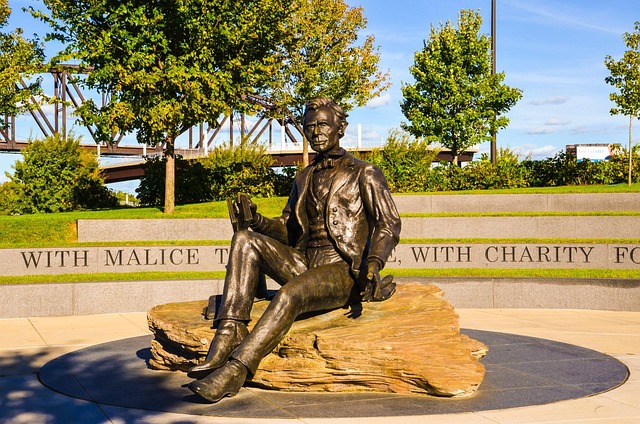In Kentucky, church law combines state regulations and internal governance, creating complexity for sexual assault cases. Victims face a delicate process, requiring understanding of their church's rules and legal rights. Confidentiality is crucial, with laws protecting victim privacy. Law enforcement, trained in sensitive handling, collaborates with local authorities to investigate and prosecute. Survivors can find support from organizations offering counseling, legal aid, and tailored programs within faith-based communities.
In Kentucky, reporting clergy sexual assault is a complex issue that requires understanding both church laws and secular legal rights. This article offers comprehensive legal advice tailored specifically to navigating the challenges of disclosing such incidents within religious institutions. We explore Kentucky’s unique church laws, outline survivors’ rights in reporting sexual assault, discuss the crucial role of law enforcement, and provide essential resources for those seeking support. By understanding these aspects, individuals can make informed decisions and access the necessary help.
Understanding Church Laws in Kentucky

In Kentucky, churches are generally governed by both state laws and their own internal policies, which can make navigating legal issues complex. When it comes to sexual assault within a clergy context, understanding these overlapping jurisdictions is crucial. While state laws provide the framework for reporting and prosecuting crimes, including sexual assault, each church has its own set of rules and procedures that members are expected to follow.
It’s essential to recognize that Kentucky’s church laws may vary from denomination to denomination, and even within individual churches. Some institutions might have strict confidentiality policies, while others encourage open dialogue and reporting. When considering legal options for reporting clergy sexual assault, individuals should thoroughly understand their church’s bylaws and the potential consequences of breaking confidentiality rules.
Reporting Sexual Assault: Legal Rights

Reporting sexual assault within a church community is a delicate and important process, and it’s crucial that individuals understand their legal rights. In Kentucky, victims of clergy sexual abuse have certain protections and options available to them under the law. The first step is to document and gather evidence, which may include any communication or records related to the incident. This includes written notes, emails, messages, or any other form of correspondence that can serve as proof of the assault.
Victims should also be aware of their right to confidentiality. Many states, including Kentucky, have laws protecting the privacy of victims in such cases. They can seek legal counsel from attorneys specializing in church sexual abuse to understand their options, which may include filing a civil lawsuit or reporting the incident to the appropriate authorities. It’s essential to remember that seeking help and support is not only legally justified but also crucial for healing and recovery.
The Role of Law Enforcement

When reporting clergy sexual assault in Kentucky, law enforcement plays a crucial role in ensuring justice and support for victims. In the unique context of religious organizations, such as churches, police departments work closely with local authorities to navigate complex legal landscapes. They provide essential guidance on privacy laws, which can protect sensitive information within the church community, while also facilitating investigations.
Officers are trained to handle these delicate matters with care and respect, recognizing the potential trauma experienced by victims. They coordinate with prosecutors to build strong cases, ensuring that alleged perpetrators face consequences under Kentucky’s sexual assault statutes. This collaboration is vital for holding accountable those who commit such crimes within the church setting.
Support and Resources for Survivors

After disclosing a clergy sexual assault, survivors may feel isolated and unsure where to turn for help. It’s crucial to remember that they are not alone. Numerous resources exist to support those who have experienced such trauma within the church community. Local and national organizations offer confidential services, including counseling, legal aid, and advocacy. These groups specialize in helping survivors navigate complex emotional and legal landscapes while ensuring their voices are heard.
Support can also be found through local faith-based communities that have implemented safe spaces and programs to assist individuals who have experienced abuse within religious settings. These resources provide a sense of belonging and understanding, facilitating the healing process for survivors who may face unique challenges when seeking justice or closure in church-related cases.




